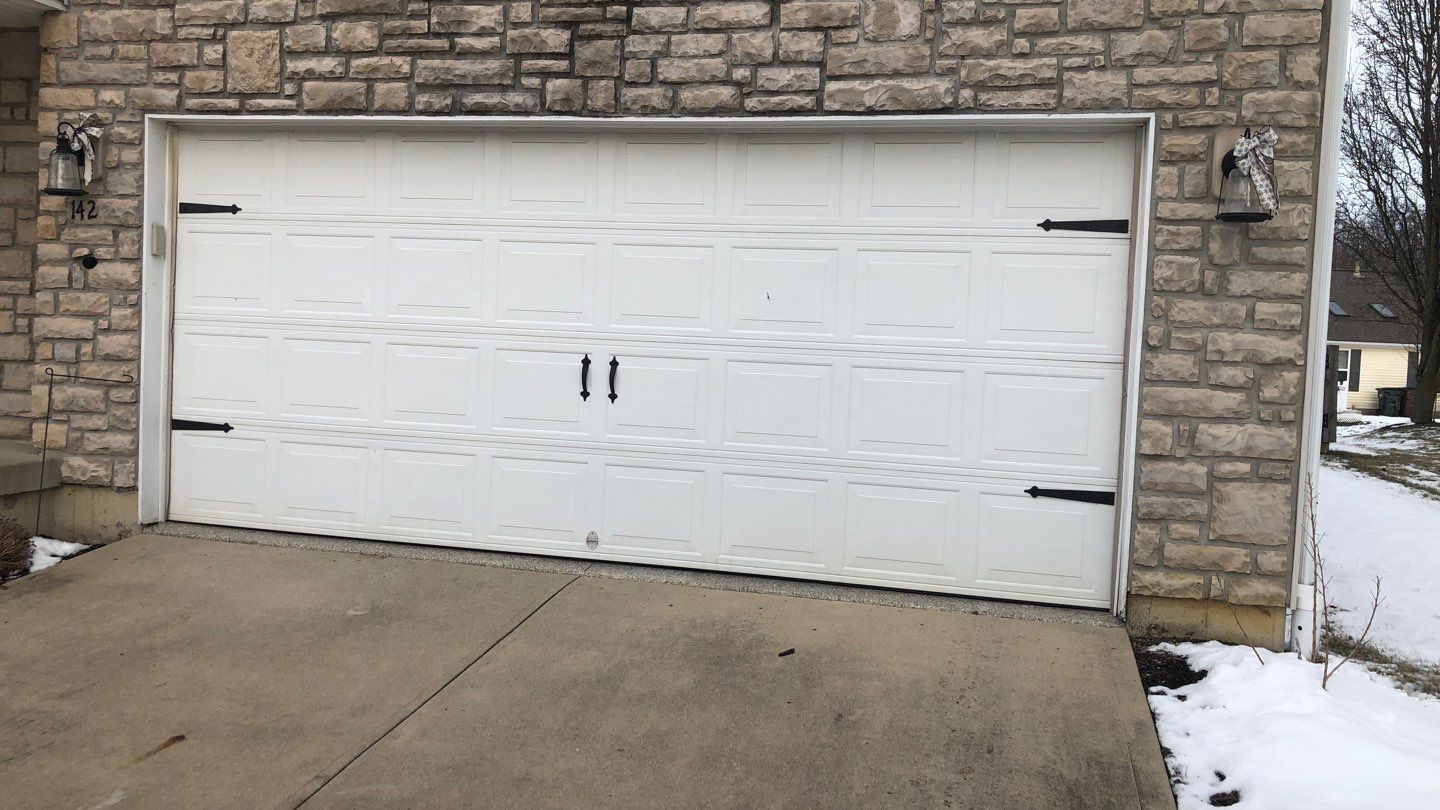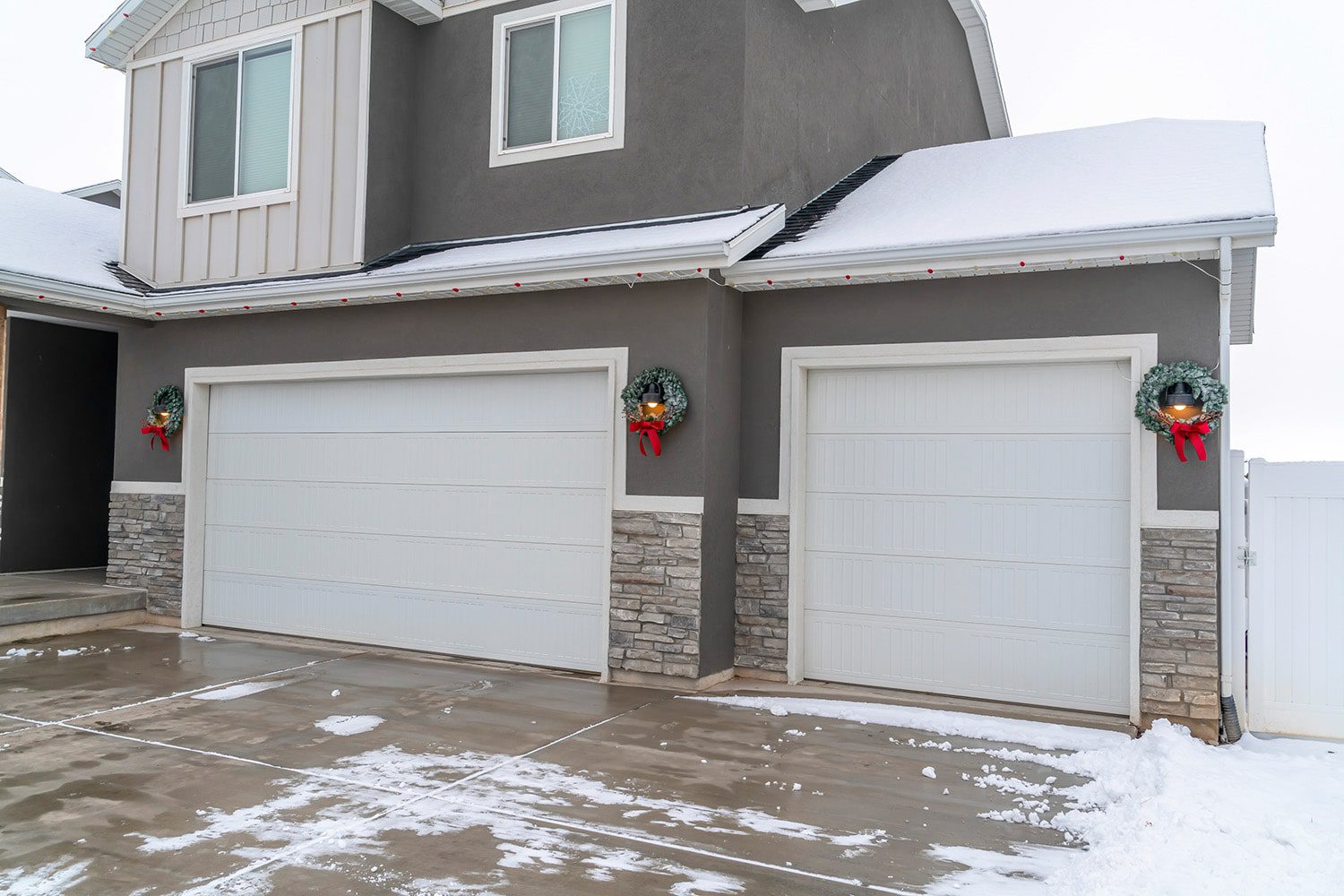How to Insulate a Garage Door
How to Insulate a Garage Door for the Winter: A Step-by-Step Guide
Garage Door Insulation
As temperatures plummet during the winter months, keeping your garage warm can become a major challenge, especially if your garage door isn’t properly insulated. An insulated garage door not only maintains a more comfortable temperature but can also reduce energy costs and protect any items you store there. If you’re looking to winterize your garage, here’s how you can effectively insulate your garage door.
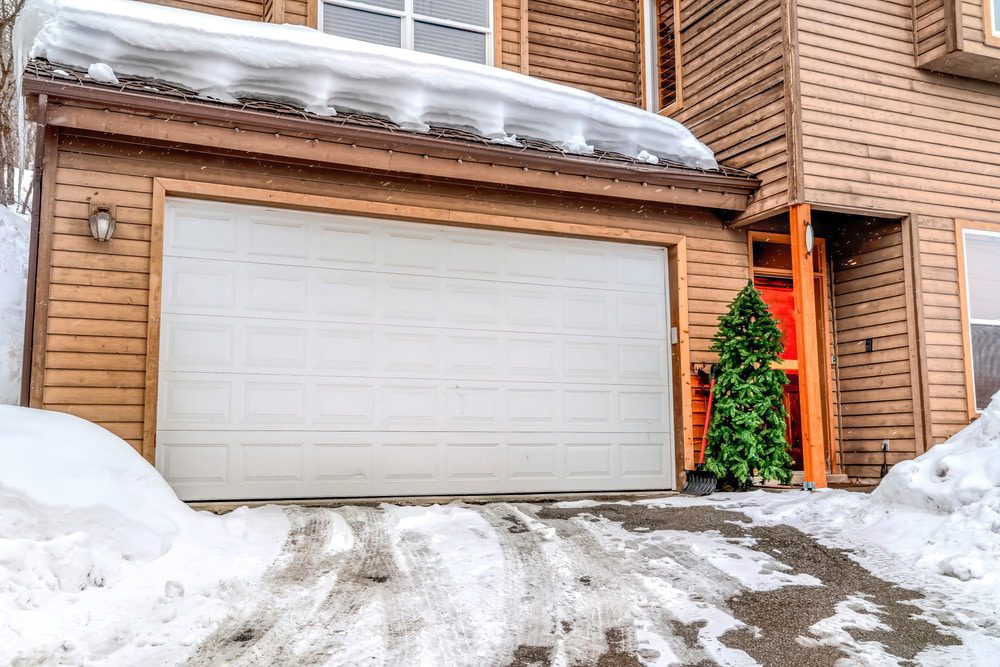
Why Insulate Your Garage Door?
Minimize heat loss and maintain indoor temperatures.
Reduce energy bills by improving overall home efficiency.
Protect your vehicles, tools, and other stored items from extreme cold.
Create a more comfortable and warmer working or storage space.
Step-by-Step Guide to Insulating a Garage Door
Materials You May Need:
- Measuring tape
- Utility knife
- Cleaning supplies (soap, water, cloth)
- Adhesive or double-sided tape
- Foam board insulation, fiberglass, or reflective insulation
- Weatherstripping
- Spray foam (optional)
- Retainer clips (if included in insulation kit)
Step 1: Measure Your Garage Door Panels
Use a measuring tape to accurately measure the height and width of each section of your garage door. This will help ensure a snug fit for your insulation and prevent any gaps.
Step 2: Choose Your Insulation Material
There are different types of insulation to choose from:
- Foam board insulation: Offers a high R-value and is lightweight.
- Reflective insulation: Works well by reflecting heat, great for extreme temperatures.
- Fiberglass insulation: Good insulation but may require additional support for securing.
Pick the option that best suits your needs, considering your budget and desired R-value (insulation efficiency).
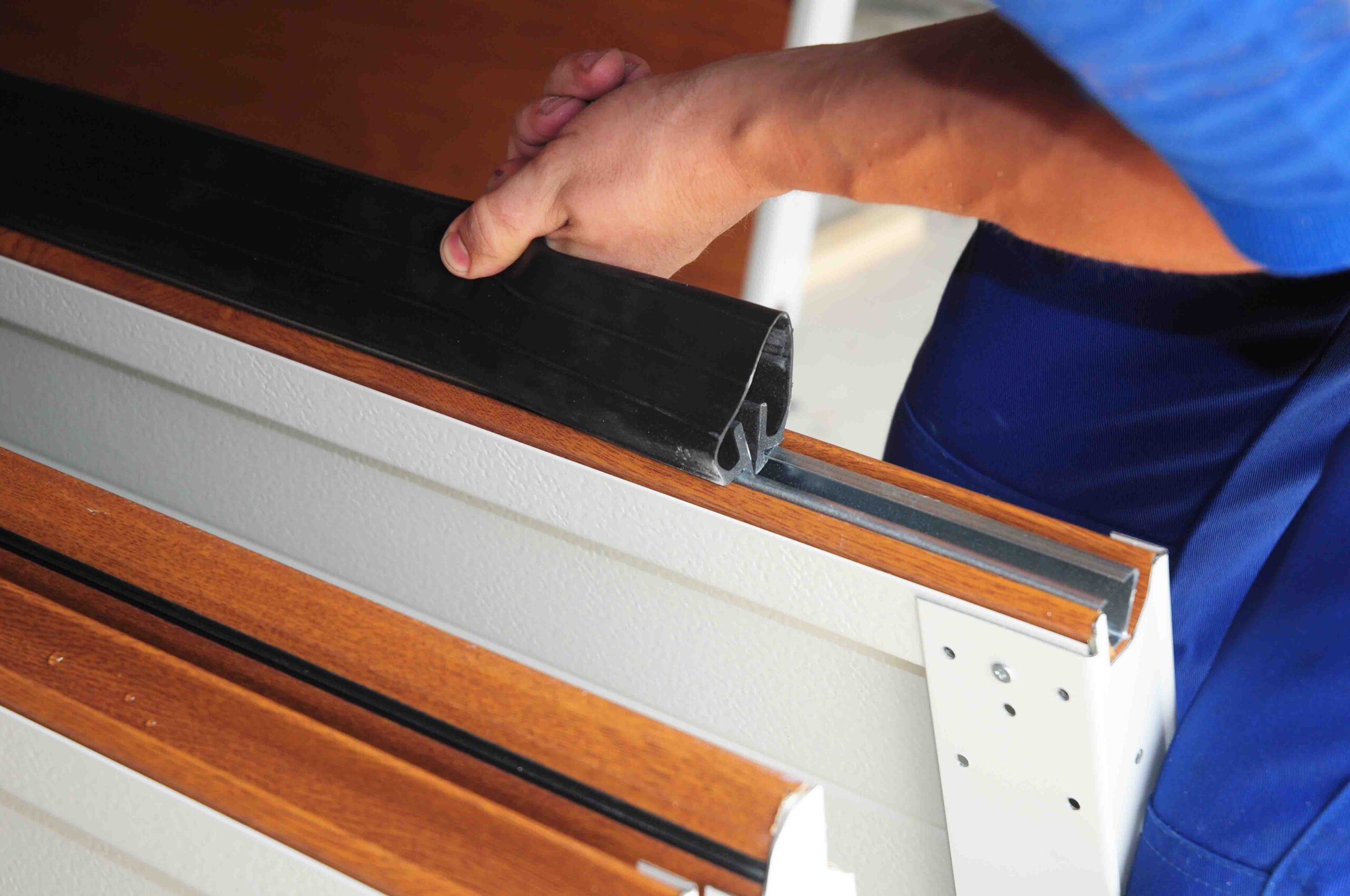
Step 6: Apply Weatherstripping
Seal the edges of your garage door by adding weatherstripping along the sides and top. This helps create an airtight seal and prevents drafts. Make sure to press firmly so that the weatherstripping sticks securely.
Step 7: Insulate Garage Door Windows (If Applicable)
If your garage door has windows, cover them using insulating film, thermal curtains, or reflective material. Windows can allow significant heat loss if not properly covered.
Step 8: Fill Gaps with Spray Foam (Optional)
If you notice any cracks or gaps around the edges of your garage door that allow drafts, use expandable spray foam to seal them. This ensures that no cold air leaks in, improving the effectiveness of your insulation.
Step 9: Check for Secure Fit
Once you’ve installed the insulation, check that it’s secure. Make sure the garage door opens and closes smoothly without dislodging the insulation. Adjust or re-secure any panels as needed.
Step 10: Consider Additional Heating
To maximize warmth, you can add a garage heater. This is especially helpful if you use your garage as a workshop or storage space during winter.
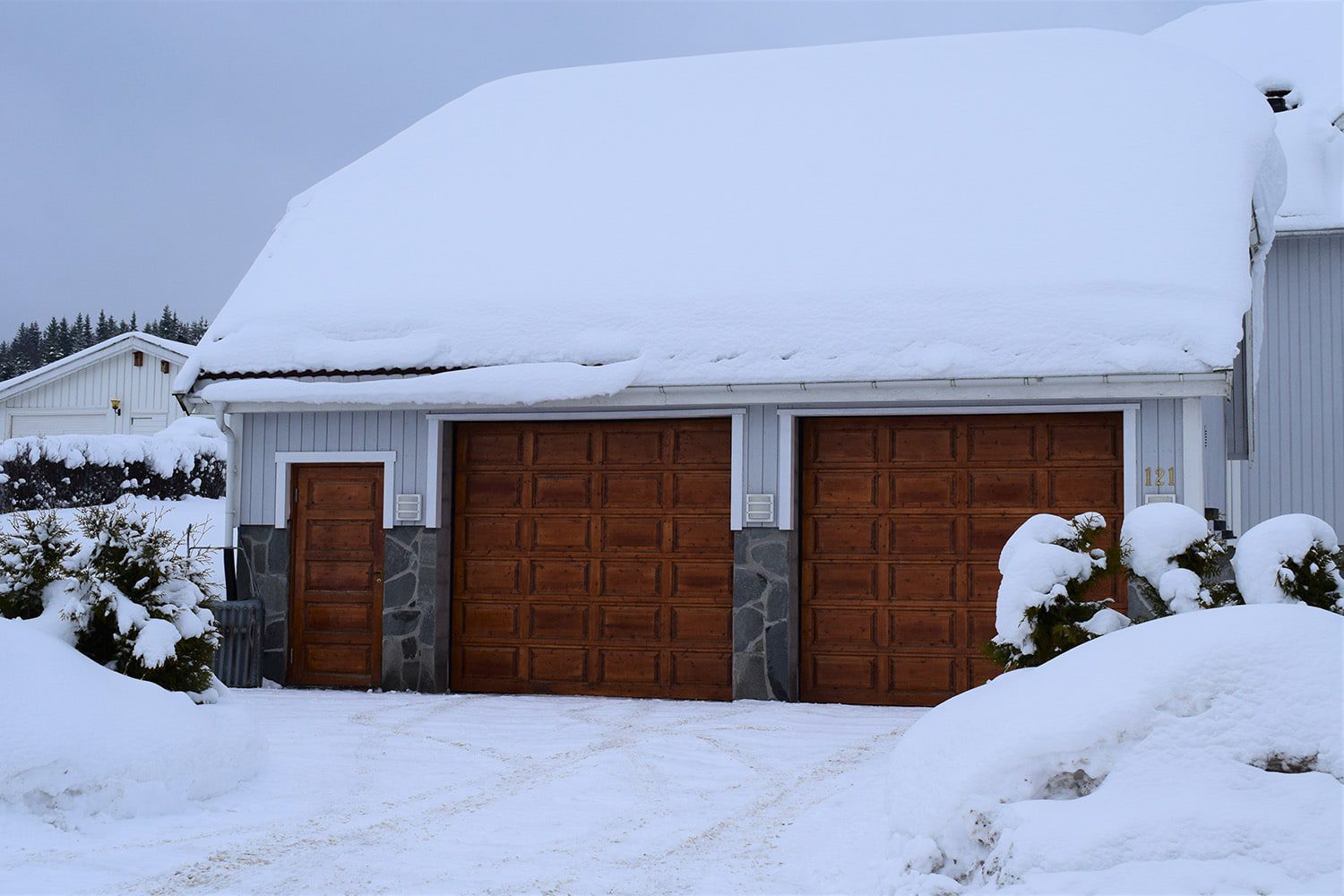
We’ve Got You Covered
Dayton, OH and Areas
Brookville, OH 45309
Englewood, OH
Clearcreek Township, OH
Germantown, OH
New Lebanon, OH 45345
Trotwood, OH
Harrison Township, OH
Huber Heights, OH
Vandalia, OH
Riverside, OH
Spring Valley, OH 45370
Moraine, OH
Washington Township, OH
Miamisburg, OH
Sugarcreek Township, OH
Bellbrook, OH
West Carrollton, OH
Fairborn, OH 45324
Jamestown, OH 45335
Centerville, OH
Beavercreek, OH
Springboro, OH
Bellbrook, OH
Xenia, OH 45385
Dayton, OH
Call to Get a Quote


